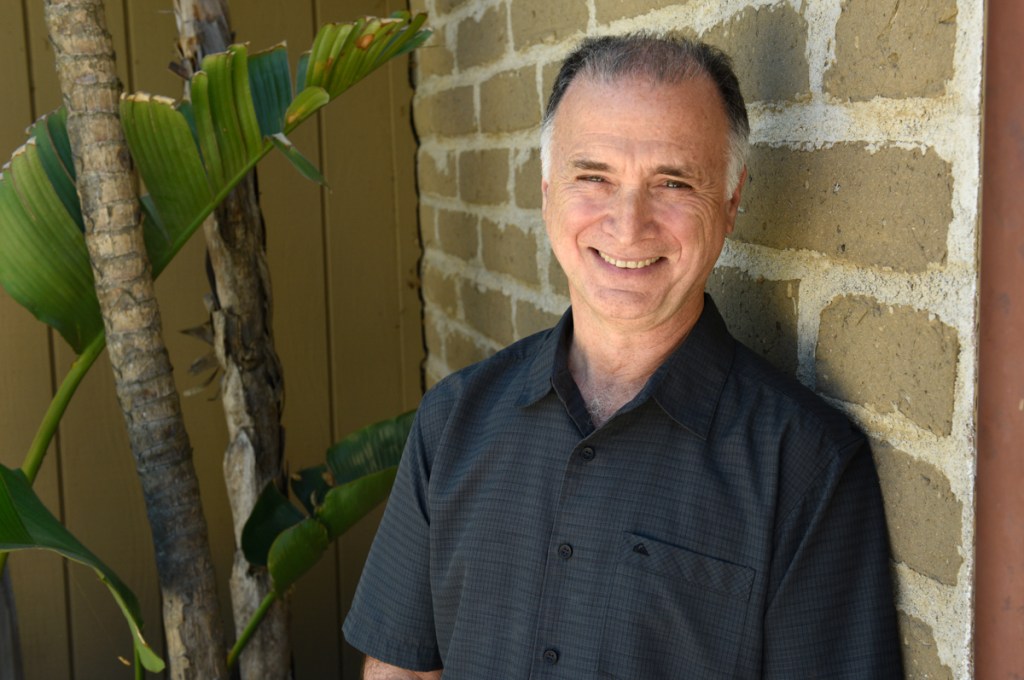Every body has a shape. Before I met Rich Goodstein, a Santa Barbara–based Certified Advanced Rolfer, I saw my body as merely a vehicle that carried my head around, its shape two-dimensional. Rolfing, though, focuses on the dynamic, three-dimensional architecture — the body as a house and a home.
Rolfing is a type of bodywork based on a kinesiological framework, similar to asana yoga and osteopathy. Though it shares commonalities with massage and acupressure, Rolfing is unique in its concentration on the fascia, the “organ of structure” interconnecting the entire body. As we age, physical habits cause the fascia to become rigid. The postures we settle into over the span of months, years, and decades sculpt our bodies into a particular shape.
“My clients arrive experiencing restriction, inflexibility, even pain,” Goodstein explained. “Their bodies aren’t working the way they used to. Their activity has diminished over the years. While other treatments may have temporarily alleviated their discomfort, they haven’t resolved the root problem, which is a misalignment of the body as a whole.”
For me, years spent hunched over a computer along with a habit of storing tension in my shoulders resulted in chronic back pain and a discernible curve in my neck. Goodstein pointed out where this led to imbalance throughout my body — my knees were locked behind me, my feet flattened, my ribs compressed.
I was nervous that adjusting my shape would hurt, but Rich worked gently, applying pressure to different points of my body and checking often to make sure I was comfortable. Certain points were intense, but the sensation was one of release, tension dissipating as my body relaxed.
“A lot of people worry that Rolfing hurts,” Goodstein said. “But I’ve worked on everyone from young children to clients who were 90-plus years old. I’ve helped clients with traumatic injuries and chronic disability. Rolfing can help anybody, with any body.”
After hearing about my experience, my 89-year-old friend Pat decided to give Rolfing a try. Over a handful of sessions, Rolfing improved her posture and provided relief from pain, leaving her with an overall feeling of increased wellness and mobility. “Rich accommodates each particular client’s body,” she told me. “Working with him is like having a personal tailor or dressmaker who will custom-make your garment.”
Each body is different, and there’s no forcing or twisting a body into a particular shape. Each session in the Rolfing 10-Series builds upon the last, allowing for a deepening of treatment over time. As different parts are integrated, the body is held and healed by gravity as it moves with greater ease.
After completing the 10-Series, my own body felt centered and grounded. I stood taller, viewing the world with a new perspective as my body lengthened and opened. More than that, I developed a new sense of self-possession — my body no longer feels separate from me. It feels more like a home.
“Healing,” Goodstein told once told me, “can take different shapes as awareness spreads. But in Rolfing, it starts with balance. And balance is a matter of physics.”
See richgoodstein.com.

